People
Faculty

Xi Song
Xi Song is an Associate Professor of Sociology and Demography at the University of Pennsylvania. Her research uses statistical, demographic, and computational techniques to understand how patterns of social inequality are created and changed within and across generations. Her current topics of investigation include the gap between factual and perceived inequality, multigenerational social mobility and kinship inequality, the evolution of occupational structure, and statistical methods for characterizing the link between intra- and intergenerational mobility. She received the 2021 William Julius Wilson Early Career Award from the American Sociological Association. Her previous publications have received multiple awards from the American Sociological Association, the International Sociological Association, IPUMS, and the Demographic Research.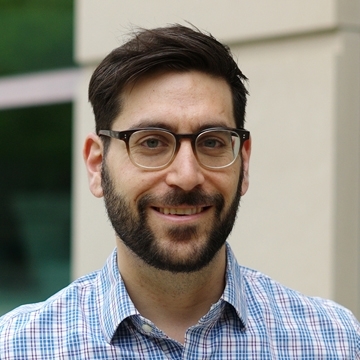
Yphtach (Yph) Lelkes
Yphtach (Yph) Lelkes is an Associate Professor at the Annenberg School for Communication. He studies public opinion, political psychology, and political communication. His interests lie at the intersection of political communication, public opinion, and political psychology. In the broadest sense, he is interested in the antecedents, structure, and consequences of citizens’ political attitudes. He has focused on three, often overlapping, research questions: (1) What are the roots, structure, and consequences of affective polarization? (2) What is the impact of changes to the information environment on political attitudes? (3) What are the psychological underpinning and structure of political belief systems? His work appears in top field journals in Communication (Journal of Communication, Journal of Computer Mediated Communication), Political Science (American Journal of Political Science, Journal of Politics), Psychology (Journal of Personality and Social Psychology), as well as general interest journals (PNAS, Nature Human Behavior).Speakers
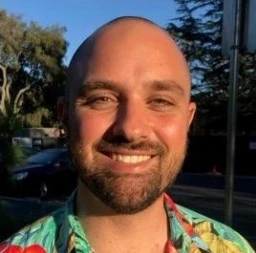
Aj Alvero
AJ Alvero is a computational social scientist at the University of Florida Department of Sociology, Criminology & Law. His primary interests are in in language, race/ethnicity, culture, and education. His current research uses computational techniques to analyze college admissions essays and model the social patterns within them. AJ’s future research plans include investigations into machine translation and multilingualism, social media and counter hate speech, and more investigations into educational systems using data science. Prior to entering academia, AJ was a high school teacher in Miami, FL.
Deen Freelon
Deen Freelon is an associate professor at the UNC Hussman School of Journalism and Media at the University of North Carolina and a principal researcher at the Center for Information, Technology, and Public Life (CITAP). His theoretical interests address how ordinary citizens use social media and other digital communication technologies for political purposes, paying particular attention to how identity characteristics (e.g. race, gender, ideology) influence these uses. Methodologically, he is interested in how computational research techniques can be used to answer some of the most fundamental questions of communication science.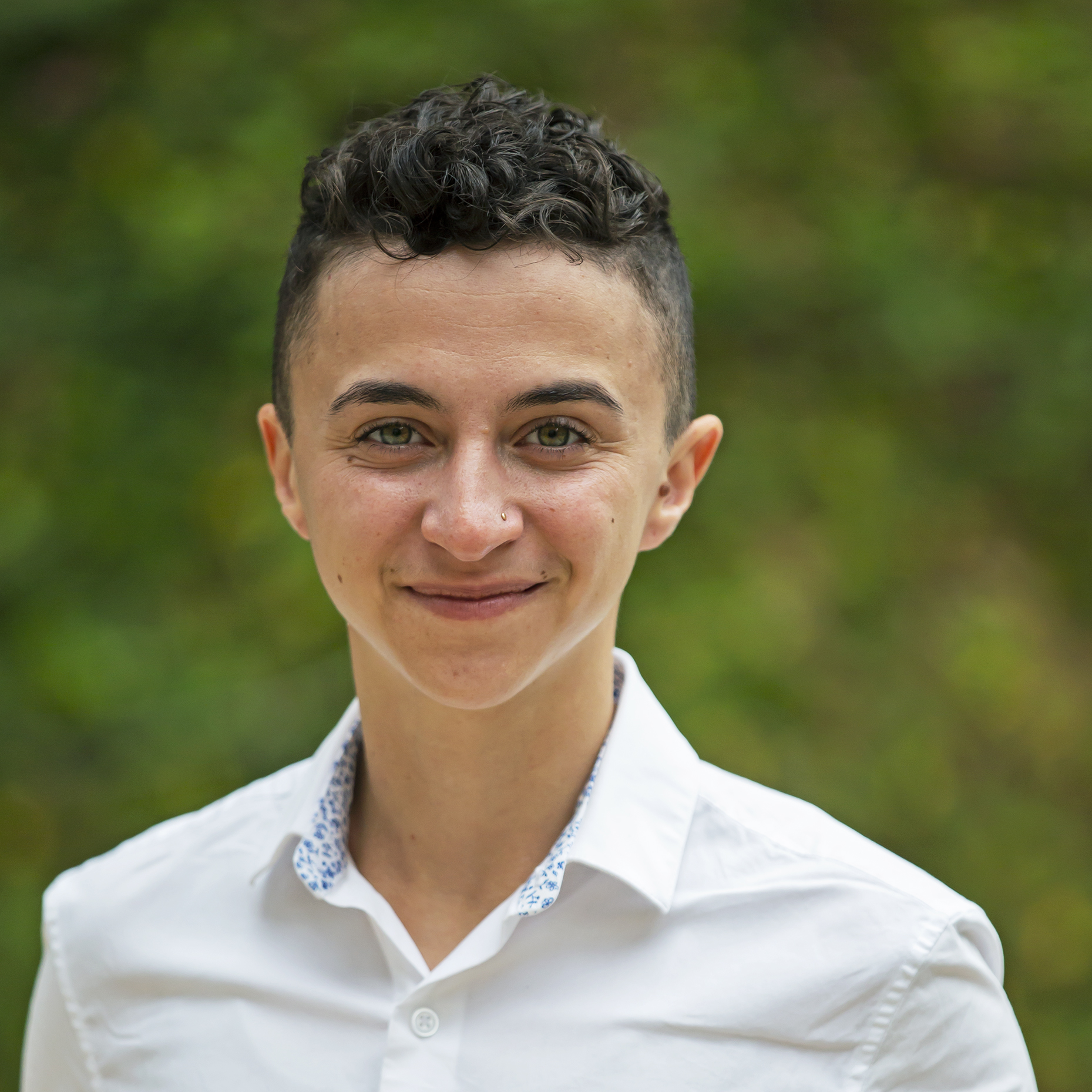
Danaë Metaxa
Danaë Metaxa is an Assistant Professor at the University of Pennsylvania in the Computer and Information Science department, with a secondary appointment in the Annenberg School for Communication. Along with Andrew Head, they are the co-founder of the Penn HCI group. Prior to joining Penn, Dr. Metaxa was a postdoctoral scholar with the Stanford Center of Philanthropy and Civil Society’s Program on Democracy and the Internet, and a Ph.D. candidate in Computer Science at Stanford University. In their research, Dr. Metaxa studies bias and representation in algorithmic systems and content, focusing on high-stakes social settings like politics and employment, and in particular on the experiences of maginalized people.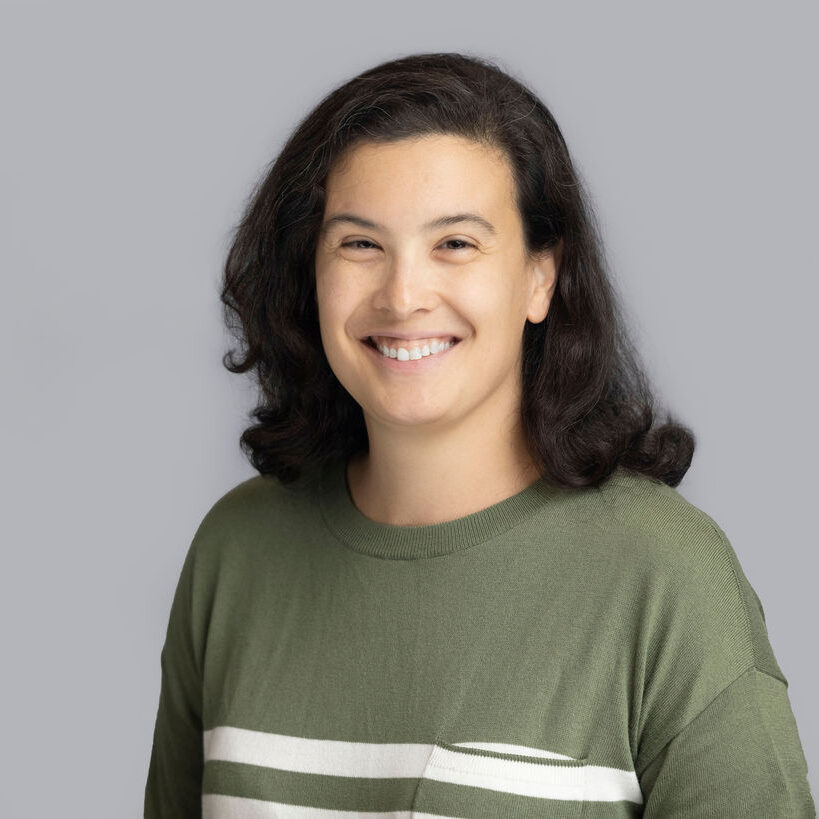
Rebecca Weiss
Rebecca Weiss is an award-winning computational social scientist and data science leader. She has worked in academia and industry, applying innovative methods to large-scale data sets to better understand online environments and their behavioral consequences. As head of research and innovation at Mozilla, she created and incubated the Rally project, a privacy-preserving data platform leveraged by institutions including Princeton, Stanford, and The Markup to conduct research in the public interest. Before that, she founded the Firefox Data Science team and advanced Lean Data Practices as Mozilla’s director of data science. Weiss has held fellowships at the Berkman-Klein Center for Internet and Society at Harvard University and at the Brown Institute for Media Innovation (a joint effort between Stanford School of Engineering and Columbia School of Journalism).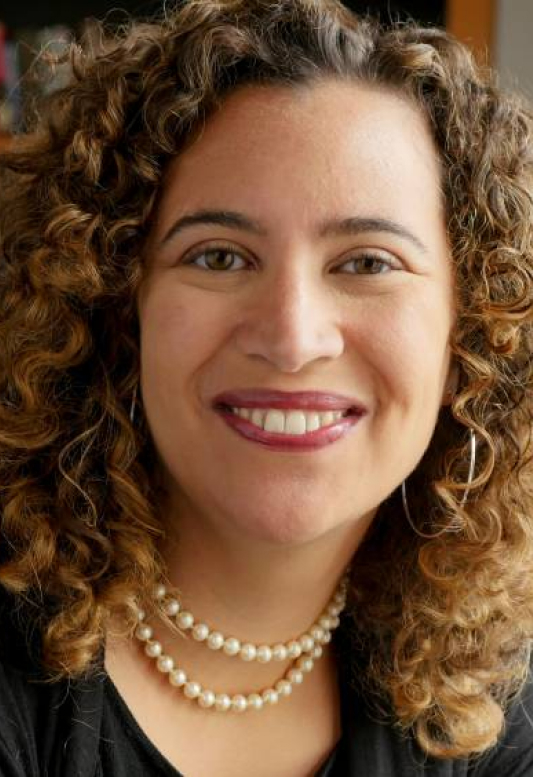
Meredith Broussard
Data journalist Meredith Broussard is an associate professor at the Arthur L. Carter Journalism Institute of New York University, research director at the NYU Alliance for Public Interest Technology, and the author of several books, including “More Than a Glitch: Confronting Race, Gender, and Ability Bias in Tech” and “Artificial Unintelligence: How Computers Misunderstand the World.” Her academic research focuses on artificial intelligence in investigative reporting and ethical AI, with a particular interest in using data analysis for social good.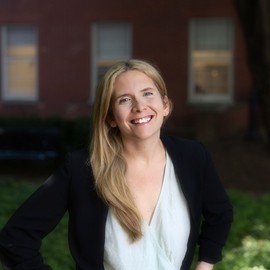
Rebecca Johnson
Rebecca Johnson is an Assistant Professor at Georgetown University’s McCourt School of Public Policy, where she teaches data science in the MS in Data Science for Public Policy and is affiliated with the Massive Data Institute and Department of Sociology. Rebecca is also a 2020-2021 Access to Justice Faculty Scholar with the American Bar Foundation, an academic affiliate with the federal Office of Evaluation Sciences, and a visiting Data Science Fellow with The Lab at DC. Her research studies how social service bureaucracies use a mix of data and discretion to decide who deserves help and focuses particularly on prioritization in K-12 schools. Substantively, she studies how underfunded K-12 districts navigate three forces: legal mandates about categories of students to prioritize, fiscal realities, and family advocacy.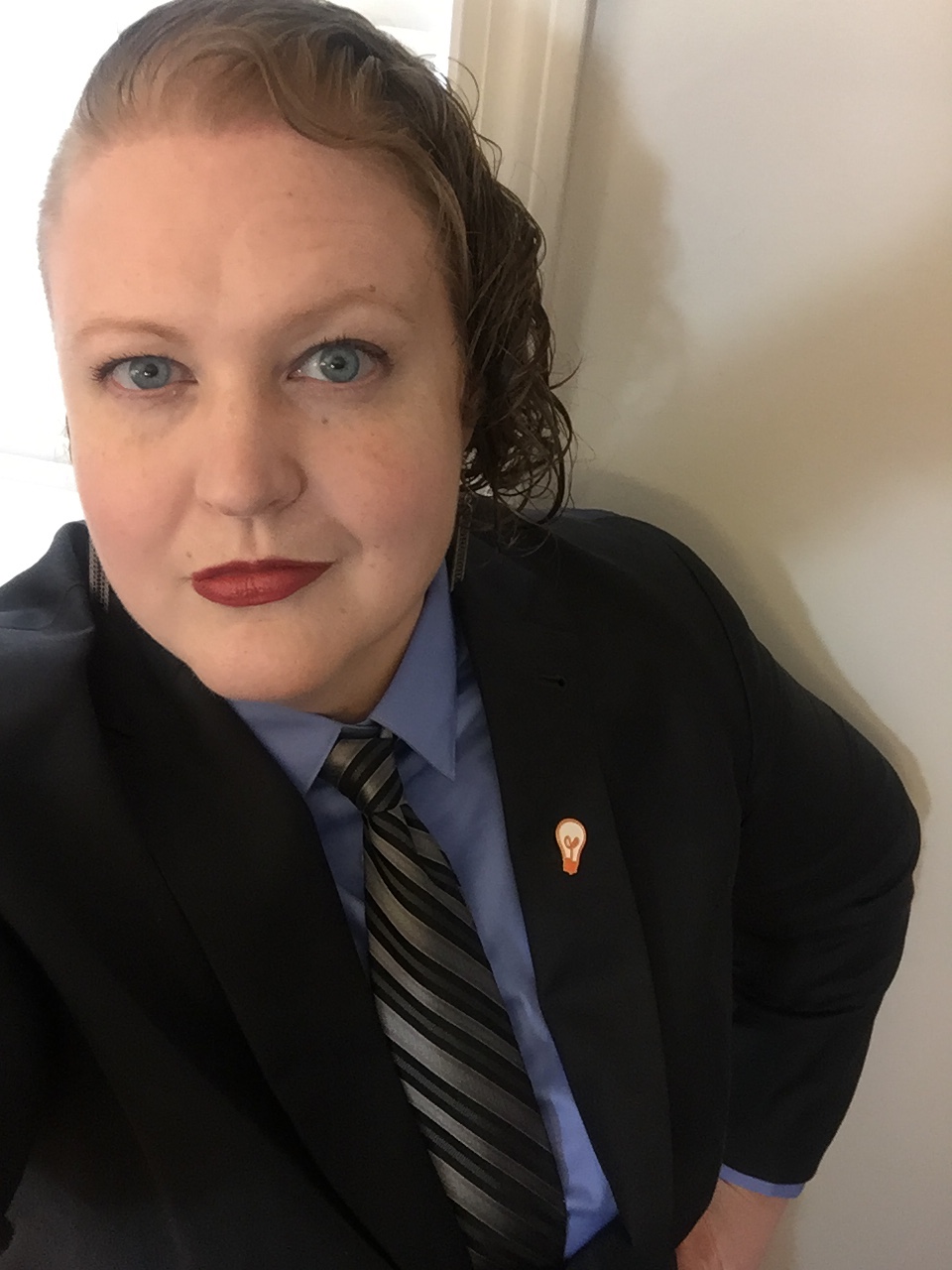
Sarah Shugars
Sarah Shugars (they/them/theirs) studies how everyday people talk about, engage with, and collectively shape the modern world around them. Bringing together computational communication and the principles of deliberative democracy, they develop new text and network methods in order to examine the relational nature of public life, the linguistic modes through which people express themselves, and the technological affordances which shape digital discourse. They are a first-generation to college student and are deeply committed to increasing access and equity in higher education.Teaching Assistants

Shengchun Huang
Shengchun Huang is a doctoral student at the Annenberg School for Communication at the University of Pennsylvania. She is interested in digital news consumption, algorithm-driven aggregators/platforms, and social effects in the high-choice media environment. She applies a variety of computational methods in research work, including network analysis, Markov chains, word embedding and nlp, etc.
Eugenio Paglino
Eugenio is a second-year Ph.D. student in Demography at the University of Pennsylvania. He holds a BSc and a MSc in Economics and Social Sciences from Bocconi University. Before becoming a PhD candidate, he worked as a research assistant at the Netherlands Interdisciplinary Demographic Institute and the Dondena Center for Research on Social Dynamics and Public Policy. His broad research interests include the interactions between population and the environment, migration, the computational social sciences, and inequality. He loves visualizing data and is interested in studying ways in which data visualization can help researchers to communicate more clearly and to reach a wider audience.
Julia Cope
Julia Cope is a PhD student at the Annenberg School for Communication at the University of Pennsylvania. She studies climate discourse, information communication technology use, natural disasters, and the political economy of climate change. She received her B.S. and M.S. in Information Science from the University of Pittsburgh and worked as a data scientist before joining Annenberg. Cope is a mixed-methods researcher. Her current research uses computational methods such as natural language processing and machine learning, as well as qualitative methods such as content and discourse analysis to uncover the framing of climate change and patterns of message salience within different industries and groups.